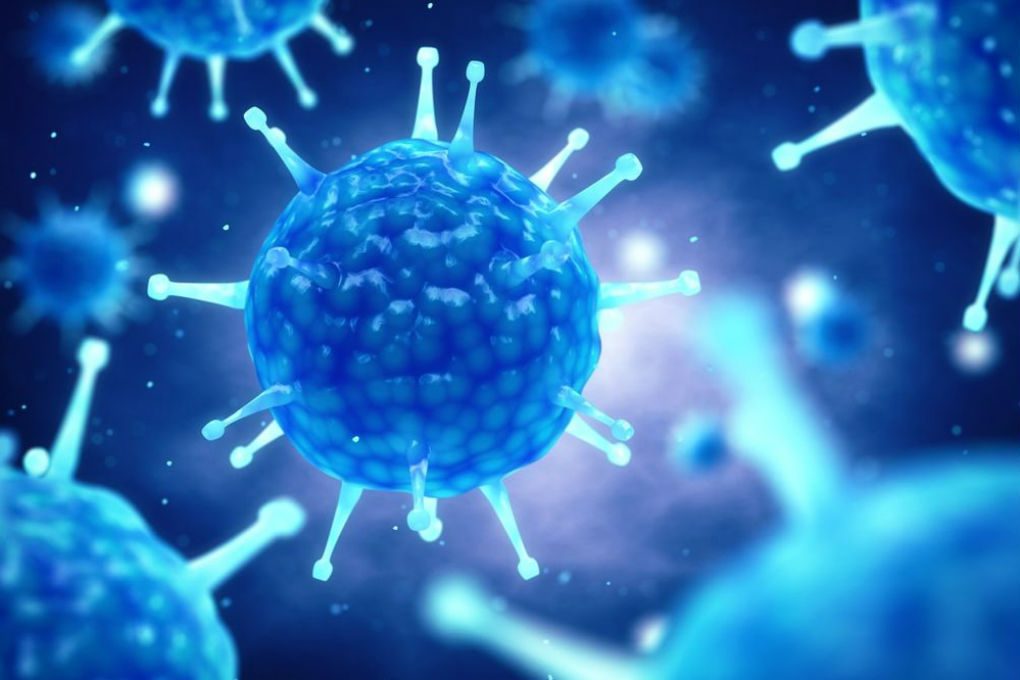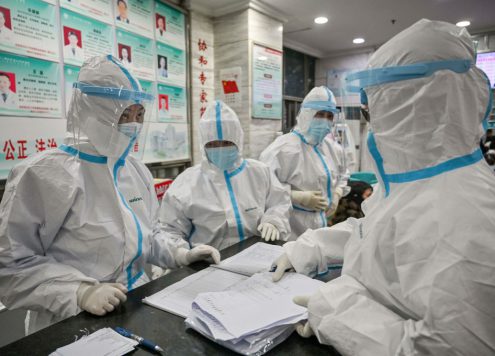A novel coronavirus (nCoV) is a new strain that has not been previously identified in human. They are associated with the common cold, pneumonia, and SARS and can also affect the gut.
Centre for Disease Control (CDC) is closely monitoring an outbreak of respiratory illness caused by a novel (new) coronavirus (named “2019-nCoV) that was first detected in Wuhan city, Hubei Province, China and which continue to expand.
Chinese health officials have reported tens of thousands of infections with 2019-nCoV in China, with the virus reportedly spreading from person to person in parts of the country. The infection travel from Wuhan, also reported in a growing number of international locations, including the UNITED states.
Cold or flu like symptoms usually set in from two to four days after coronavirus infections and they are typically mild. However, symptoms vary from person to person, and some forms of the virus can be fatal.
Symptoms include:
• Sneezing
• A runny nose
• Fatigue
• A cough
• Fever, in some cases
• A sore throat
There is no cure, so treatments include taking care of yourself and over the counter medication:
• Rest and avoid overexertion
• Drink enough water
• Avoid smoking and smoking areas
• Take acetaminophen, ibuprofen or naproxen to reduce pain and fever
• Use a clean humidifier or cool mist vaporiser
There is currently no vaccine to prevent 2019-nCoV infection. The best way to prevent infection is to avoid being exposed to the virus. As a reminder, CDC always recommends everyday preventive actions to help spread of respiratory viruses, including:
• Wash your hands often with soap and water for at least 20 seconds, especially after going to the bathroom, before
eating and after blowing your nose, coughing or sneezing.
• Always wash hands with soap and water if hands are visibly dirty. Of soap and water are not readily available, use
an alcohol-based hand sanitiser with at least 60% alcohol.
• Avoid touching your eyes, nose and mouth with unwashed hands.
• Avoid close contact with people who are sick.
• Stay home when you are sick.
• Cover your cough or sneeze with s tissue, the throw the tissue in the trash.
• Clean and disinfect frequently touches objects and surfaces using a regular household cleaning spray or wipe.
Coronavirus safety measures at Major International Airports
The coronavirus has crossed borders with cases confirmed in more than 24 countries, including US, Canada, UK, Russia, Germany, France, Japan, India, South Korea, Hong Kong, Macau and Thailand.
International passengers travelling from China are naturally the biggest risk to the countries they arrive to.With CDC having confirmed the first case of a Wuhan coronavirus on 21st January followed by a second on 24th January, three international airports each in US and Canada officially announced measures against coronavirus to prevent its spread, with European Airports too taking similar steps. The CDC expanded the screening to 20 airports within a week due to the growing spread of the virus.
• United Airlines announced the cancellation of a number of scheduled flights from US hubs to Beijing, Hong Kong and
Shanghai from 1 February anticipating lower demands due to the nCoV fears.
• The world’s largest Airline, American Airlines, followed suit and announced similar cancellations to Beijing and
Shanghai but for an even longer period, through March.
• Air Canada announced similar cancellations of select flights to optimise its capacity based on the reduced demand.
• British Airways suspended direct flights to and from China, following confirmed cases of coronavirus infection in
France and Germany.
• The Changi Airport in Singapore has started thermal screening for passengers arriving from China, in addition to
isolating those with the disease symptoms.
• Indigo Airlines and Air India have cancelled majority flights to China, even before the first case was confirmed in
the country on 30 January.
Intensive measures being taken at Chinese airports
Airports around China have started screening passengers and immediately admitting those with even the simplest of the symptoms for special care.
Thermal screening at Indian Airports
Arriving passengers that travelled to Chinese cities such as Wuhan in the preceding 14 days and having symptoms of the viral infection are being asked to provide a self declaration, while international passengers from China and Hong Kong are being screened at the pro-immigration areas of the airports. Thermal cameras have been installed and airport signage being displayed at all the airports.
Kerala is the state with the highest number of coronavirus suspects in India.
China Begins Testing an Antiviral Drug in Coronavirus Patients
China is forging ahead in the search for treatments for people sickened by the new Coronavirus that has infected more than 28,000 people in a countrywide epidemic, killed more than 500 and seeded smaller outbreaks in 24 other nations.
On 6 February, Thursday, China began enrolling patients in a clinical trial, an antiviral medicine made by Gilead, the American pharmaceutical giant.
The drug has to be given intravenously, is experimental and not yet approved for any use and has not been studied in patients with any coronavirus disease.
Two clinical trials will take place in Wuhan, China, the centre of the outbreak, 500 patients will receive the drug, and comparison group will get a placebo, Mr. McKeel said.
Coronavirus vaccine
Some people say’s that, So many Ayurvedic and home remedies are available to cure new coronavirus. But, No vaccines exist currently to fight the coronavirus but the National Institutes of Health (NIH) in the US is developing one, but that would take at least a year to be available. A number of private pharmaceutical companies are also developing potential vaccines.













0 Comments